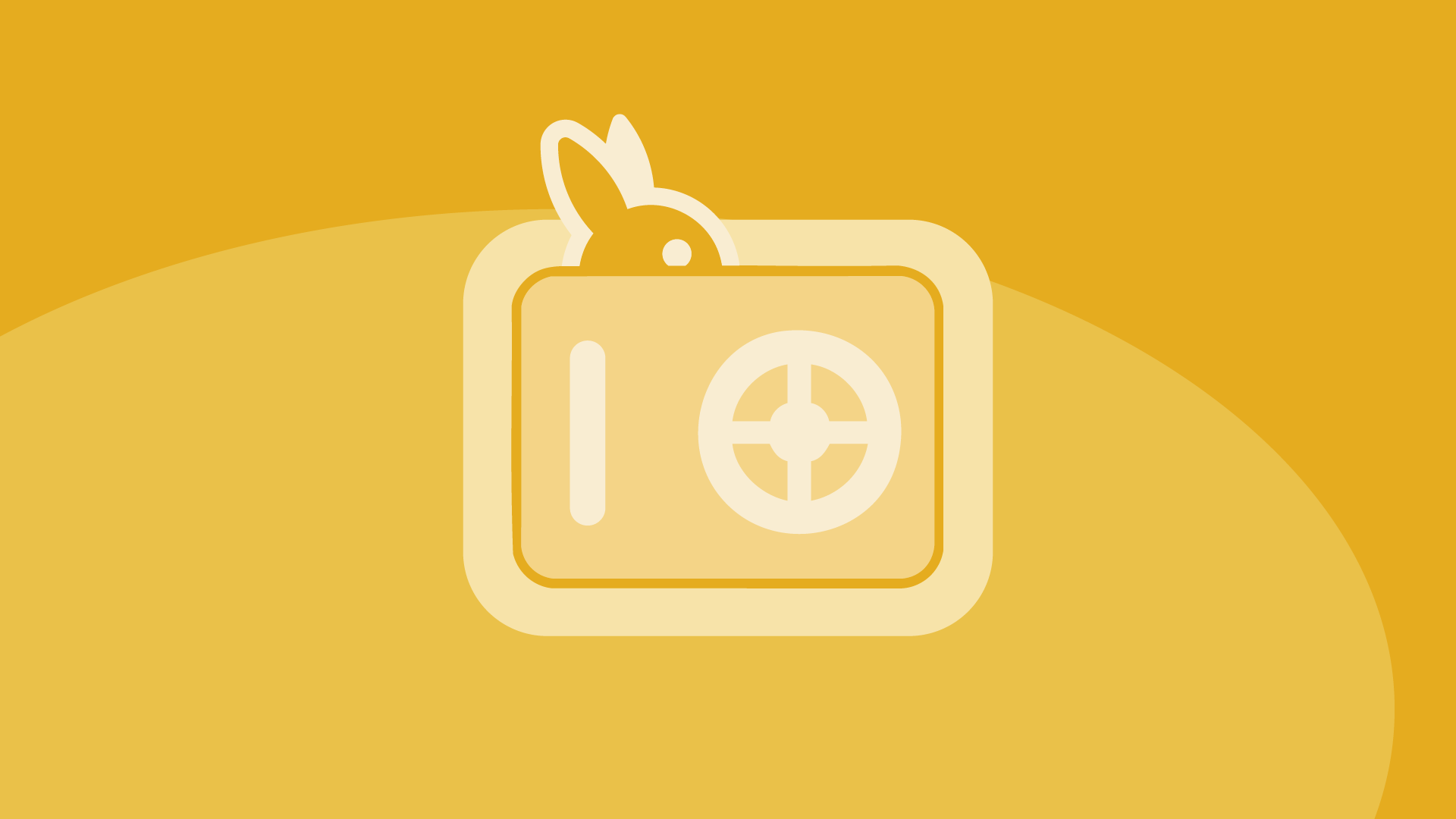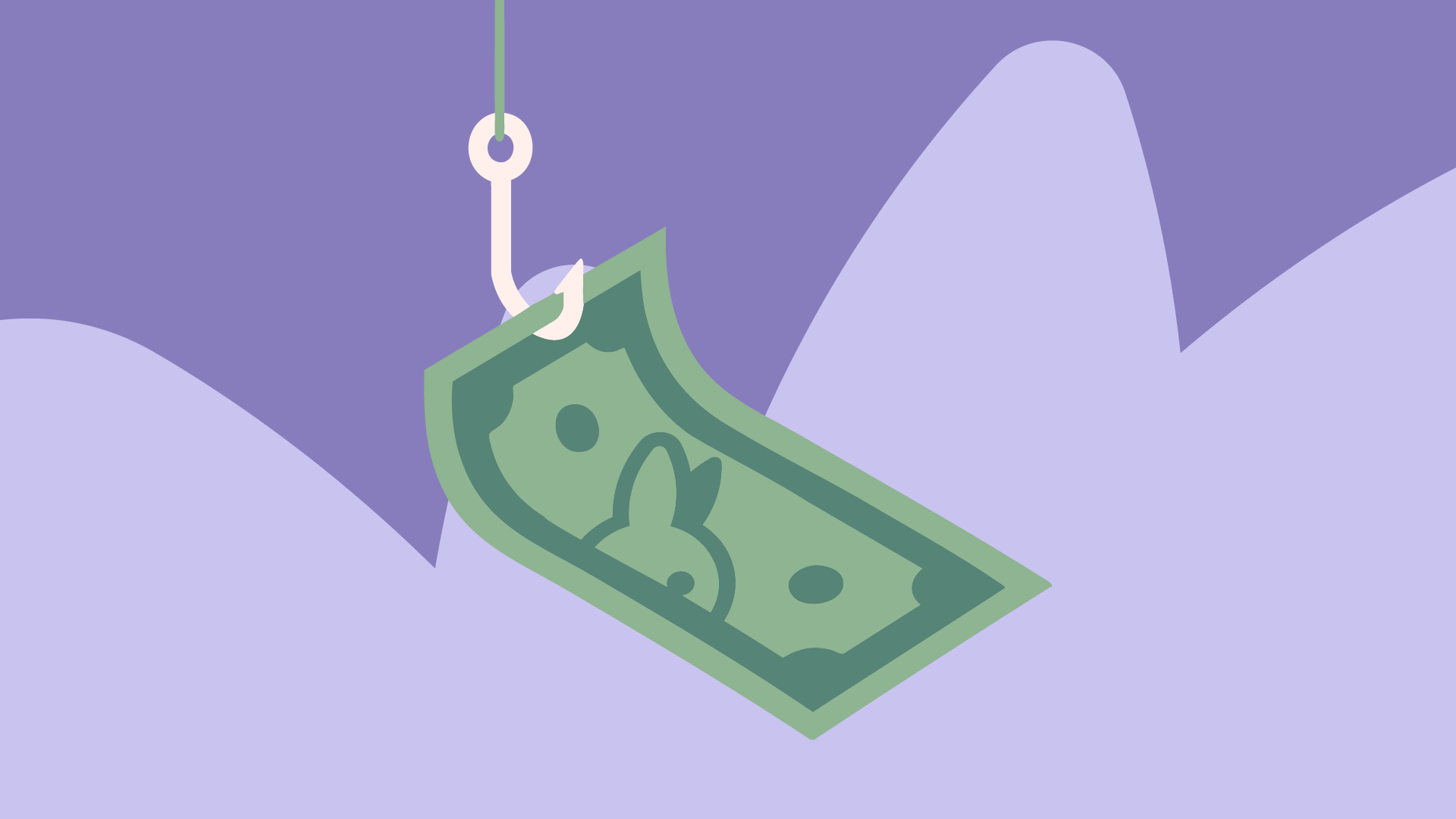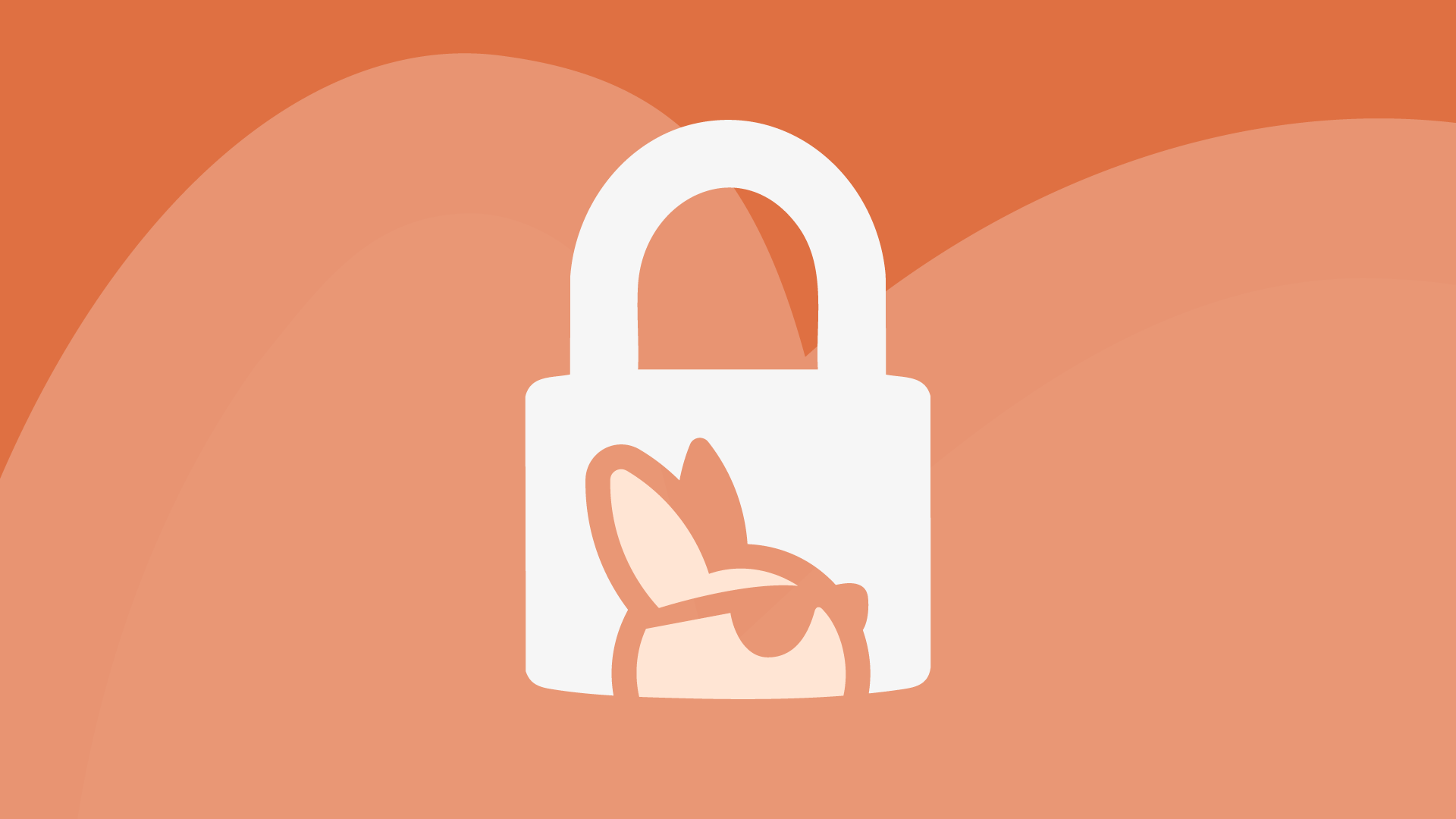When you first get into crypto, choosing a wallet is the most important decision you'll make.
The choice really comes down to one simple question: Who holds your keys?
Your private key (or secret phrase) is the only thing that proves you own your assets. The answer to "who holds it" puts your wallet into one of two categories: custodial or non-custodial.
Let's break down what that means.
What's a Custodial Wallet? (Someone Else Holds Your Keys)
Think of a custodial wallet like your traditional bank account.
When you buy crypto on a big, centralized exchange and just leave it there, you're using a custodial wallet. The exchange (the custodian) holds the private keys for you. You just log in with a familiar email and password.
The Good: It's Easy and Familiar
This is why most beginners start here. It feels just like a normal web app. If you forget your password, you can click "Forgot Password" and get a reset link. No seed phrases to worry about.
The Bad: "Not Your Keys, Not Your Coins"
Here's the problem: you are trusting that company completely.
- You're Not in Control: If the exchange decides to freeze your account or halt withdrawals (which can happen during market panic), you're locked out. You have to ask for permission to move your own money.
- It's a Target: These exchanges hold billions of dollars in assets, making them a major target for hackers. And they do get hacked.
- No Privacy: You almost always have to provide your personal information and ID to use them. This is called KYC, or Know Your Customer.
What's a Non-Custodial Wallet? (You Hold Your Keys)
A non-custodial (or self-custody) wallet is like your own private safe at home.
You, and only you, have the key. When you create a non-custodial wallet, you are given a 12 or 24-word secret phrase. This phrase is your key.
The Good: You Have Total, Unstoppable Control
This is the true "be your own bank" power of crypto.
- Full Sovereignty: No one can ever freeze your account, block your transactions, or take your assets. You have 100% control, 100% of the time.
- Enhanced Security: Since your key isn't stored in a central database, you aren't a target for large-scale hacks.
- Total Privacy: Wallets like Joey Wallet are non-custodial. We don't ask for your name, email, or personal details. You are in charge of your assets, not us.
The Bad: The Big Responsibility
This is the part that scares new users, and for good reason. Because you are the only one with the key, there is no "Forgot Password" button. If you lose your 12 or 24-word secret phrase, your funds are gone forever.
The Old Choice vs The New Solution
For years, this was the tough trade-off in crypto. You had to choose:
1. The Easy Way: A custodial wallet where you give up all your control and privacy for convenience.
2. The Hard Way: A non-custodial wallet where you get total control but live with the constant fear of losing that one secret phrase.
This is exactly why we built Joey Wallet.
Joey is a non-custodial wallet for the fast and low-fee XRP Ledger. It gives you all the power and privacy of being your own bank, but also offers flexibility in how you manage your keys:
- Go Manual: Create a classic, manual account and be 100% responsible for your 24-word secret phrase.
- Use Social Login: Use our Web3Auth option to create your wallet. It splits your key into multiple secure parts, protected by your social login and your device's biometrics.
With social login, you get the best of both worlds: the security of a non-custodial wallet and an easy, intuitive recovery process.
You get to be your own bank, without the anxiety of losing that one secret phrase.



